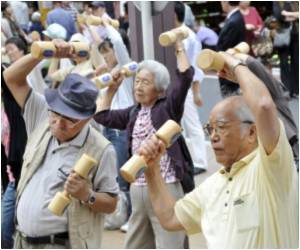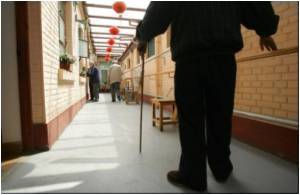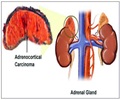
“Since the use of testosterone in elderly men raises concerns regarding adverse effects on the prostate and cardiovascular system, it’s important to determine if short-term treatment can lead to prolonged benefits beyond the duration of testosterone exposure,” said Frederick Wu, MD, of the University of Manchester in the United Kingdom and lead author of the study. “Our findings suggest it may not be possible to break or interrupt the cycle of decline in physical function in frailty by short-term anabolic pharmacological intervention using testosterone supplementation for six months.”
In this study, researchers evaluated 274 intermediate-frail and frail elderly men aged 65-90 years with low testosterone levels. Study participants received either a testosterone gel or placebo for six months. Assessments were carried out at baseline, the end of treatment and six months after treatment cessation. Researchers found that the increased lean body mass, muscle strength and quality of life after six months of testosterone treatment were not maintained six months after treatment.
“At present, the optimal duration of anabolic hormonal intervention to produce sustained benefits in treating frailty in older men is unknown,” said Wu. “To best interrupt the downward spiral into frailty a greater emphasis should be placed on a multi-disciplinary interventional approach including resistance exercise, diet and other lifestyle options, in conjunction with pharmacological agents.”
Other researchers working on the study include: Matthew O’Connell, Steven Roberts, Upendram Srinivas-Shankar, Abdelouahid Tajar, Judith Adams and Jackie Oldham of the University of Manchester in the United Kingdom; and Martin Connolly of the University of Auckland in New Zealand.
The article, “Do the Effects of Testosterone on Muscle Strength, Physical Function, Body Composition and Quality of Life Persist Six Months Post-treatment in Intermediate-Frail and Frail Elderly Men,” will appear in the February 2011 issue of The Endocrine Society’s Journal of Clinical Endocrinology & Metabolism (JCEM).
Advertisement
Source-Medindia












